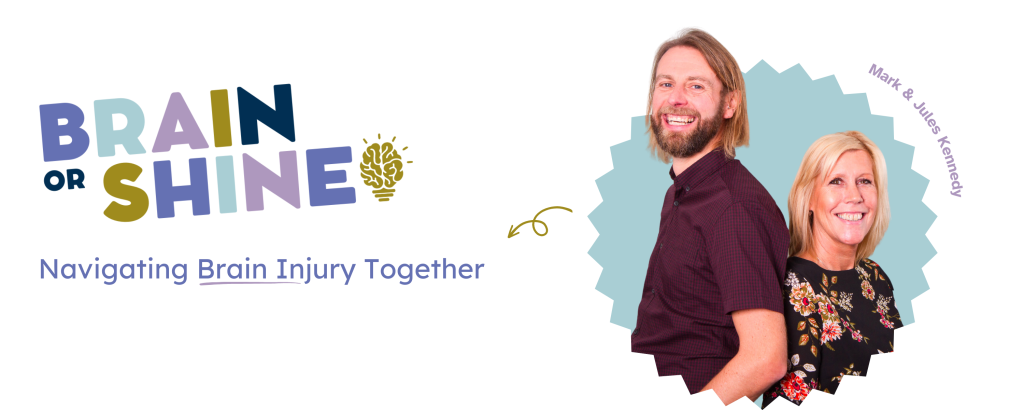
Staying Positive When Life Gets Tough
When times get tough and everything is all piling in, remaining positive can be really hard. Whether it’s juggling work deadlines, dealing
March is an excellent month for two reasons. Firstly, it’s Brain Injury Awareness Month – a dedicated time to spread knowledge and advocate for the people affected by brain injury. Secondly, we are currently in the midst of Neurodiversity Celebration Week. This is another equally significant period that allows us to acknowledge and appreciate the diversity of the human mind.
Today, we are going to delve into the similarities between the challenges faced by brain injury survivors and the neurodiverse community, exploring the common ground between the two.
At its core, neurodiversity is used to explain how someone’s brain is structured and operates. There are variations in the way that human brains work, people can be neurodivergent and neurotypical. If you are Neurodivergent, your brain functions differently from the ‘common’ or neurotypical standard.
All forms of brain functioning are valid, and none is inherently superior or inferior to another. It’s important to embrace the diversity of the human mind and value the differences in how individuals think, learn, and perceive their surroundings.
Among the most common neurodivergent conditions are Autism, ADHD, Dyslexia, and Tourette’s Syndrome. Each of these conditions presents unique characteristics and challenges, but they also provide the individuals with a distinct lens through which they view and interact with the world.
Recently, acquired and traumatic brain injuries have been recognised as neurodiverse conditions. That’s because surviving a brain injury can change how a person’s brain functions, just like someone who’s neurodiverse. Here are some common challenges:
We’re all about encouraging you, supporting you, and helping you achieve your dreams regardless of whatever you feel could be holding you back! Being neurodivergent isn’t a limitation – it’s an asset that allows someone to see things from a unique perspective.
We want people to feel confident and live life on their own terms. Did you know that every one of us has our own way of learning? Our resources will help you figure out what works best for you. We’ll show you how to set achievable goals, develop your self-confidence and incorporate self-care into your routine, so you’ll be equipped to tackle life’s ups and downs.
Brain or Shine is a platform designed to help individuals and their families, friends, and work colleagues, understand how to live with the life-changing effects of traumatic injuries and hidden disabilities.

In 2012, Mark sustained a Brain Injury in a freak accident whilst we were on holiday. Life changed a lot after that, and we’ve learnt so much along the way. Now we’re here, armed with all the tools and strategies we’ve collected over the years, ready to help you! We’re able to provide you with insight and support from both sides, Mark as the sufferer and Jules as the carer.
If you, or someone you know has been affected by a brain injury, we have lots of free-resources available to help you start living life on your own terms. We understand that everyone processes information differently, so you can access the information through our blog, podcast and monthly webinar series.
We also have a wonderful Facebook community if you’re looking for some extra support. Here you can connect with others going through a similar experience as you. Remember, whether you’re at the start of your journey or somewhere along the way, you’re not alone!
Now that we’ve set the ball rolling, let’s keep this conversation about neurodiversity going! Let’s learn from each other and strive to make our world a more understanding and accepting place for everyone.
For more information on this topic
Follow us on social media!

When times get tough and everything is all piling in, remaining positive can be really hard. Whether it’s juggling work deadlines, dealing

This week is National Work Life Week, an annual campaign with the aim of getting people to talk about their wellbeing at

It’s been a couple of weeks since many students headed back to school to start a new academic year. That comes with